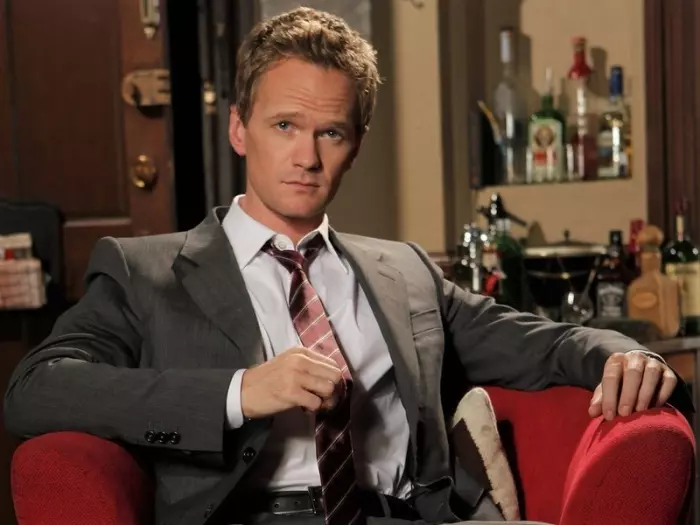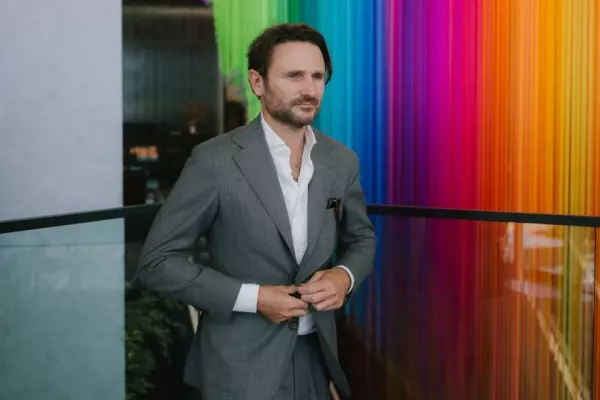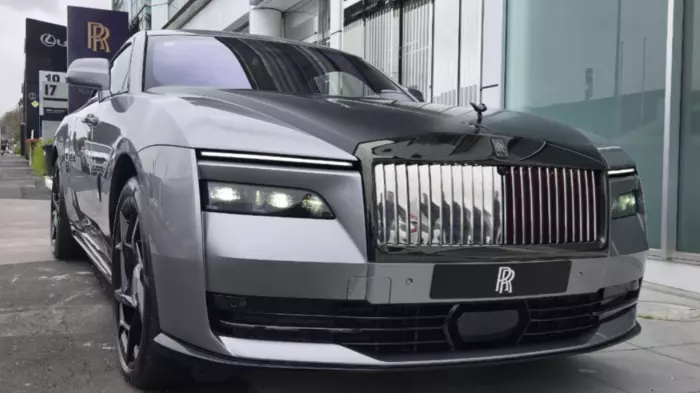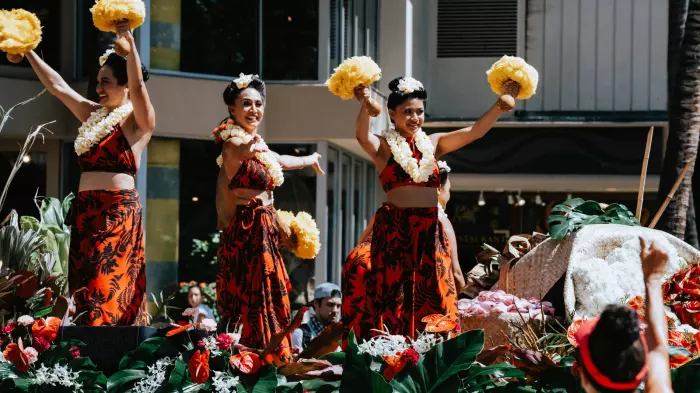In the beginning, there were suits. And they were good: tailored, elegant clothing historically associated with professionalism, authority and propriety.
As serially-suited antagonist Barney Stinson, from the television series How I Met Your Mother, put it: "Nothing suits me like a suit".
But at the rump end of the 20th century, Casual Fridays came along to knock them off their perch. The dotcommers, with their love of jeans, hoodies and sneakers, wandered even further off the sartorial reservation, almost single-handedly slaughtering the tie in the process.
And then 2020’s global pandemic showed up, sending office workers scuttling home to their sweatpants and giving the business suit yet another two-fingered salute.
Has covid signed the suit’s death warrant?
Don’t get the defibrillator out just yet, warns Murray Crane, founder/owner of Crane Brothers menswear stores.
“The casualisation of menswear has been happening for some time, particularly with large corporate firms introducing the ‘dress for your day’ policy where, if staff aren’t having external meetings, they can get away with more business casual wear,” he says.
Lockdown, and lockdown 2.0 for some, has seen many suits gathering dust in wardrobes. And although Crane is paid to say this, he believes that when staff return to their offices, they’ll do so in suits. He’s even predicting an up-tick in sales.
“During the GFC we saw an increase in men dressing up – in a tight economy, people worry about their job security and want to look more professional. But when the economy is buoyant, a lot of clients are more relaxed about how they do business because business is easy to get.”
Crane says while the suit isn’t dead, how we’re wearing it has changed. “Men still want to look and feel good in a well-cut suit, but they won’t always wear both pieces together – they might wear the blazer with chinos or jeans and the pants with a jersey.”
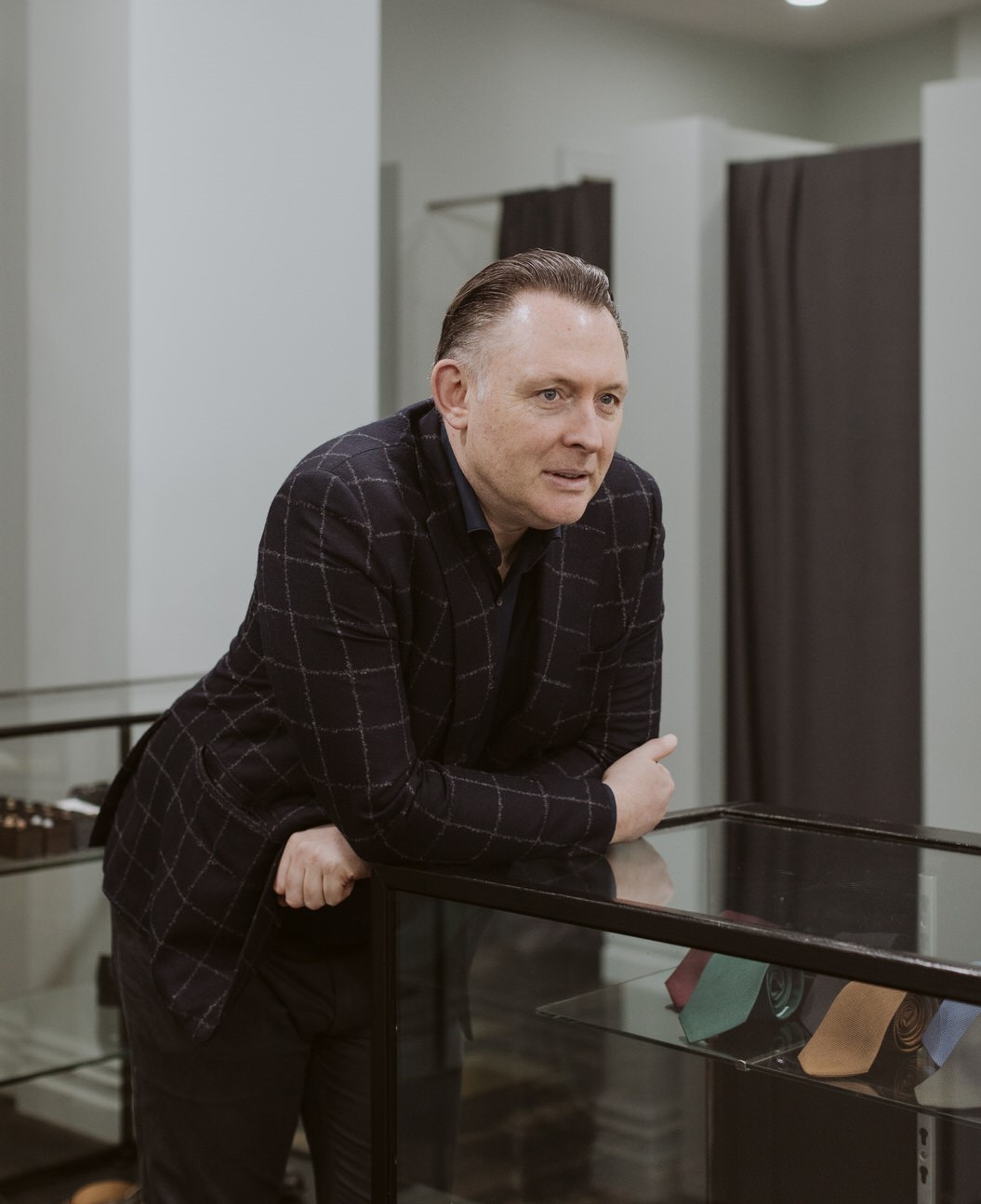 Crane Brothers founder Murray Crane. Photo: Si Moore
Crane Brothers founder Murray Crane. Photo: Si Moore
If you’d been Zooming Palmerston North consultant radiologist Henry Liu during lockdown, you’d have noticed his smart suit, one of 20 he owns, probably teamed with a bright shirt and silk tie.
“I always wear a suit to work, but because I was working from home, it didn’t mean my standards dropped,” he says. “If we look casual and dress casual we’re more likely to be casual in our interactions and approach.”
For the 47-year-old, wearing a suit comes down to respect: “If I have to tell someone they’ve got cancer, I want to do that as respectfully as possible, and dressing appropriately is part of that.”
Liu also believes a suit confers a sense of authority: “If you dress professionally, people are more likely to trust you and believe you. It’s all about looking the part, acting the part.”
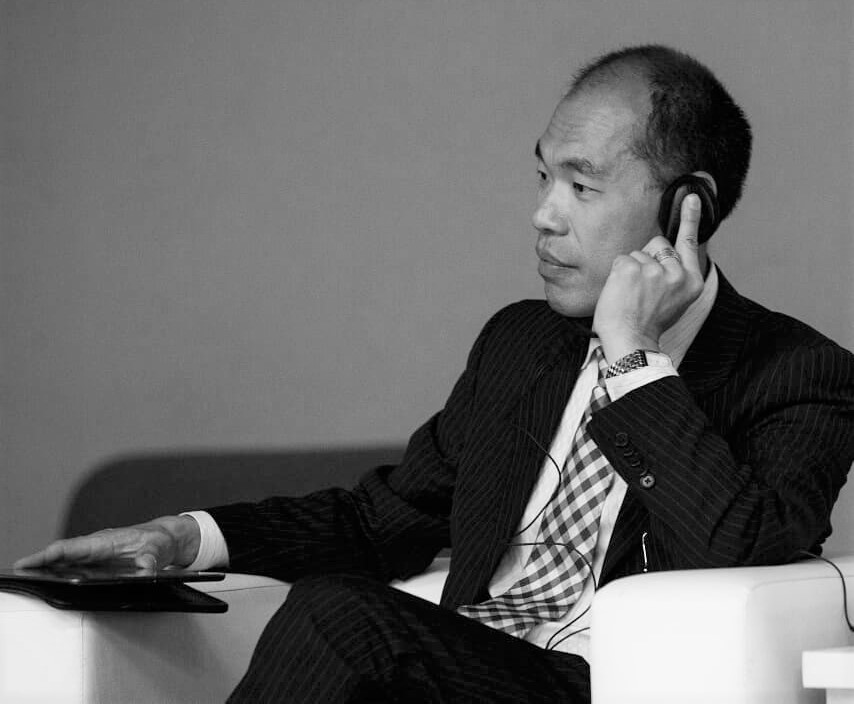 Consultant radiologist Henry Liu
Consultant radiologist Henry Liu
Wellington lawyer Richard Caughley can well remember his first suit: “It was bright blue and flared, with wide lapels and heavy stitching,” he laughs.
That was back in the 80s, when the now 65-year-old started his legal career. Since then, he’s worn a suit almost every day of his working life.
“There’s a saying, people only wear suits because they haven’t yet become the people who don’t have to wear suits. In other words, when you’re wealthy you can wear what you want but when you work for other people you need to present more professionally.”
Caughley, though, admits he likes wearing a suit. “It’s so easy. You put it on like a uniform and don’t have to think about it. I feel sorry for women, who have to come up with something different to wear each day.”
Although Caughley ditched the suits during lockdown, he still dressed in smart trousers and a jumper for video conferences.
“But now we’re back in the office in Wellington, and everyone is back to wearing what they were prior to lockdown. In my profession, especially if you’re in court, it pays to look professional because people are more likely to believe those who are well dressed.”
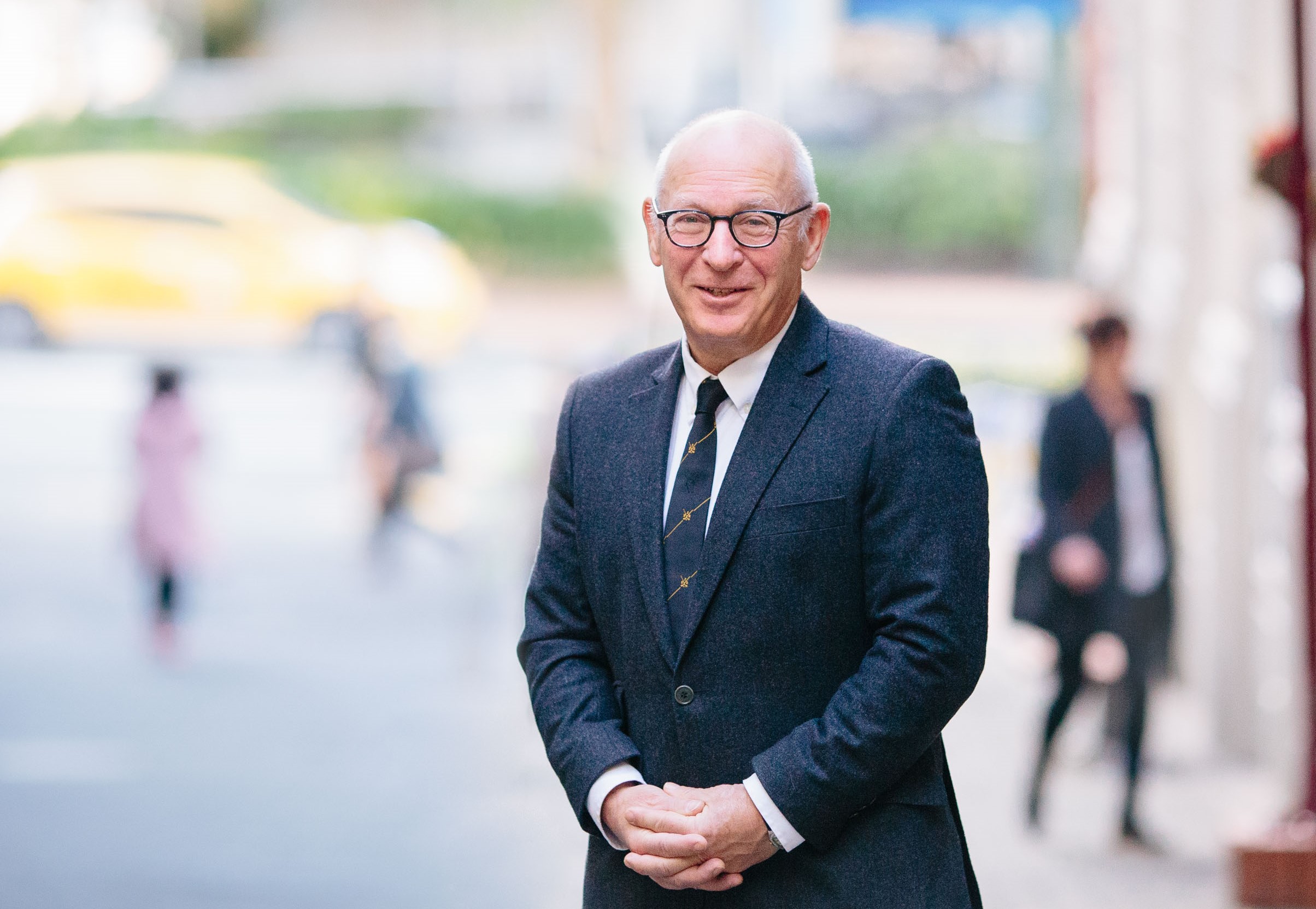 Wellington lawyer Richard Caughley
Wellington lawyer Richard Caughley
Fashion historian and New Zealand Fashion Museum director Doris de Pont also errs on the side of “you are what you wear”.
“All clothing is a language – what you want to communicate about yourself and how you’d like to be perceived,” she says.
“And while there has been a lot of diversification and casualisation in how we dress today, a powerful suit still very strongly communicates the language of formality and respect. A suit says, I respect you and me and I’m taking both of us seriously.”
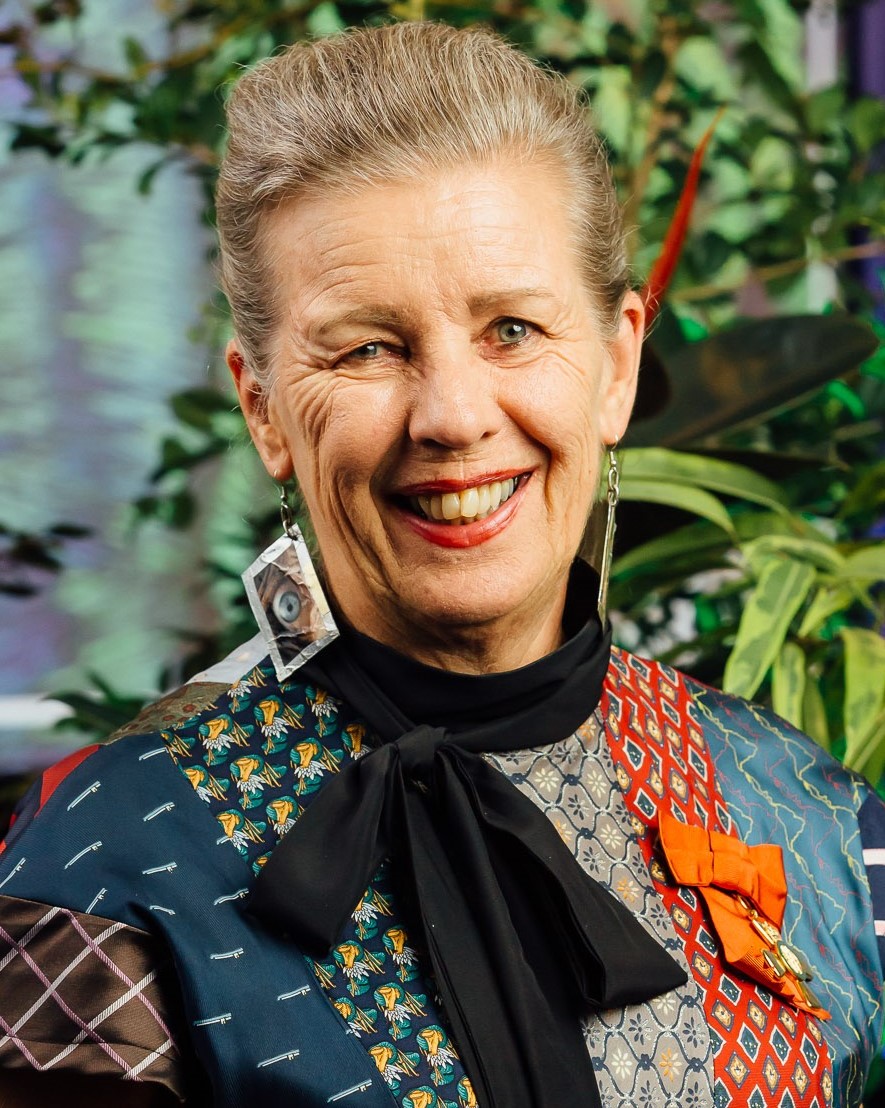 Doris de Pont. Photo: Max Lemesh
Doris de Pont. Photo: Max Lemesh
De Pont is a case in point: the day I Zoom her, she’s wearing tailored trousers, a pretty top, high-heeled boots and something sparkly at her ears.
“I’ve worked from home for 12 years but will dress with as much care and formality as if I was going into an office. I find that working in casual clothes can put me into the wrong head-space.”
The former fashion designer believes there is still life in the business suit.
“Suits and the way we wear them have changed over time but I don’t think casual dressing or covid will mean the end of them. I love wearing tailored trouser suits. They make me feel powerful and stand taller, and I suspect many people feel the same way.”


